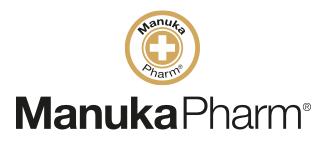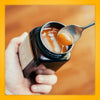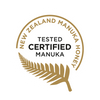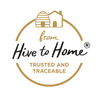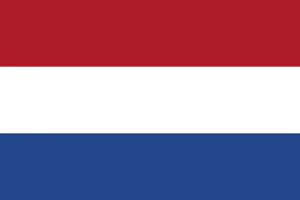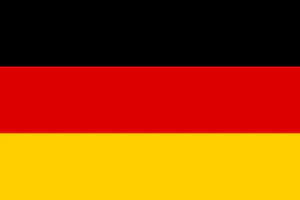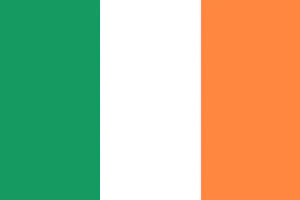With thousands of CBD products to choose from and an ever-growing roster of CBD brands and marketplaces, knowing how to select not only which CBD product is best for you, but which product is the genuine article, can be quite a minefield.
Warnings of ‘snake oil’ have been called out across the globe since CBD began to rise in popularity years ago. While there are many amazing products out there (and an awful lot of solid science to back up the way CBD oil works), it’s sadly true that there are also plenty of CBD offerings that are not what they claim to be.
For those new to buying CBD, it can be tough to know where to start and what to look for to determine that you’re purchasing a high quality, legitimate CBD product. But fortunately, it’s not as complicated as it may seem – there are just a few simple things you need to understand to ensure your hard earned money is well spent. By the time you finish reading this article you’ll be clued up and ready to go!
What is full spectrum, broad spectrum and isolate CBD?
One of the first things you might trip up on when shopping for CBD are the labels of ‘full spectrum’, ‘broad spectrum’ and ‘CBD isolate’. Some brands will only offer one option, while others supply a range. So, what do these labels mean and how to the effects differ?
To find out all you need to know about this key point, head over to our article ‘CBD Isolate vs Full spectrum CBD’.
Has the CBD oil been 3rd party tested?
You shouldn’t have to only rely on what the brand says – all good CBD products must be 3rd party tested, and the lab results should be available to view on the website so you can see for yourself that there are no contaminants present in the oil.
In addition to checking for purity, these lab reports will also allow you to determine whether or not a CBD product is genuinely full spectrum, broad spectrum or CBD isolate – which you’ll now know is important after reading the first point, above.
Although the lab reports may look complicated, you don’t need to be a scientist to get the gist. Here’s a laymen’s guide:
- There are a variety of lab reports available, so they may differ in appearance, but they’re almost always in table formats. Some only show evidence that illegal cannabinoids (such as THC) and contaminants (like heavy metals) are only present within legal limits, if at all. Others will show a full cannabinoid profile and if you’re lucky, you might see one for terpenes too, although this is uncommon.
- Across the top of the table you’re likely to see ‘LOQ’ which stands for Limit of Quantitation– a term used to describe the smallest concentration of a measure. This column will show the smallest percentage this test can pick up. You will probably see ‘LOQ’ repeated in other columns, indicating the product contains ‘less than’ the lowest detectable percentage.
- There will probably also be a ‘%’ column, which will show the levels of different cannabinoids present. Alongside that you will see ‘result mg/g’ which indicates how much is present in 1 milligram per gram. You may also see ‘result ppm’ (parts per million) or ‘mg/L’ which is how much of a chemical is present in a volume of liquid, like CBD oil.
- Upon reading the reports, you would hope to see that there are no contaminants present. If you’re hoping to buy a CBD isolate, only the CBD molecule should show a level in the cannabinoid column. A full spectrum oil should contain 5 or 6 other cannabinoids listed in decent quantities, including up to 0.2% THC. Broad spectrum should show at least a couple of cannabinoids other than CBD, but zero THC.
Hemp seed oil is not CBD oil
Despite tightening regulations within the CBD industry, some products are still labelled as ‘CBD oil’ despite not containing any CBD (or any other cannabinoids for that matter) at all. A common way this slips through the net is because most new consumers don’t know that CBD oil and cannabis (or hemp) seed oil are not the same thing. Hemp seed oil, while bursting with immense nutritional value and makes a great carrier oil for CBD, does not contain any cannabinoids. Check the ingredients label to ensure your chosen product contains the right active ingredient.
If you follow these four points when buying CBD, you can rest assured that you’re purchasing a genuine CBD product that is safe to use.
You can read more of Ruby's blogs here
Or find out more about her work at www.rubydeevoy.com
